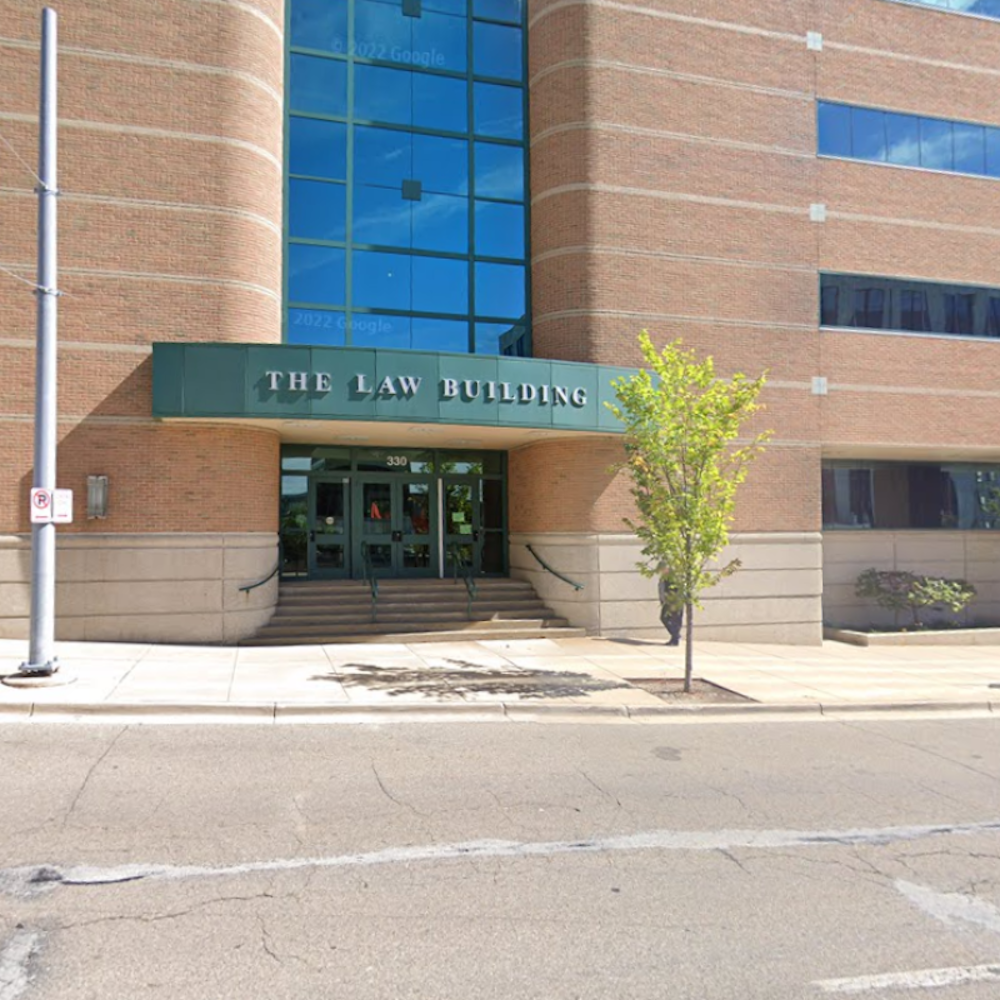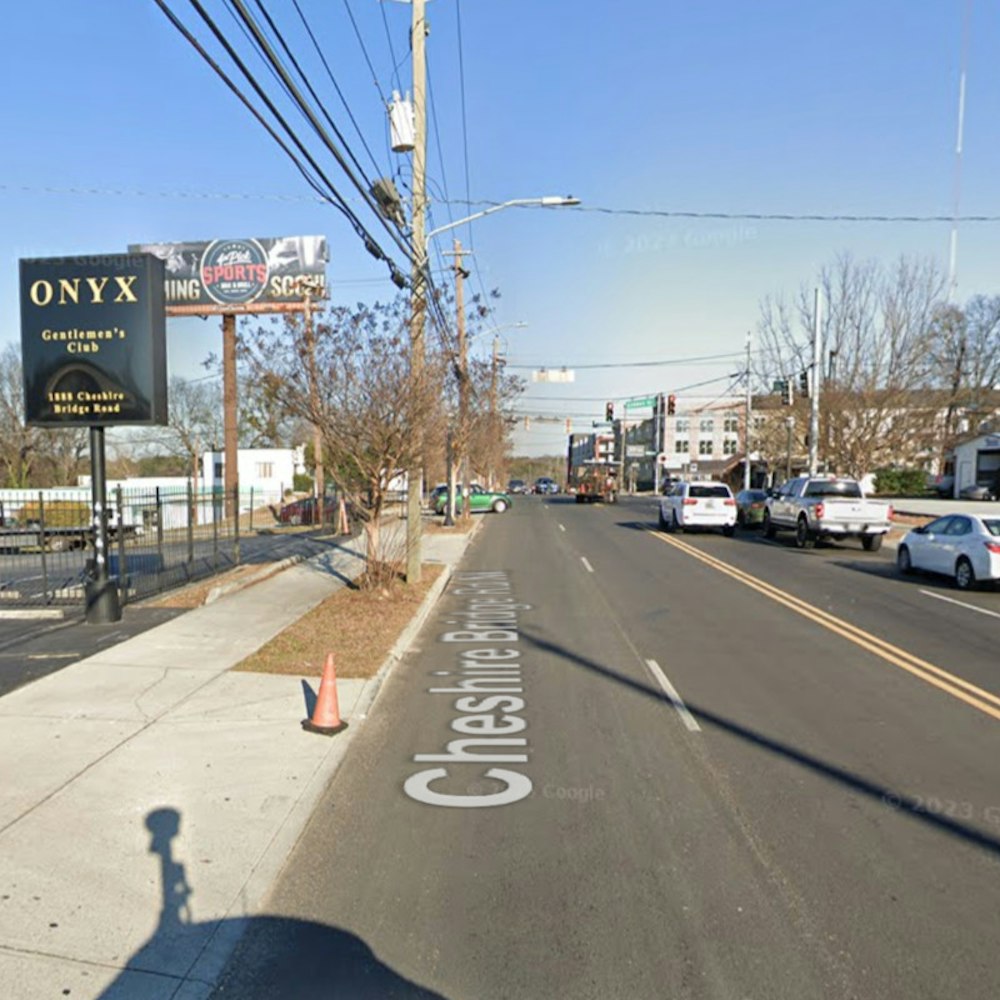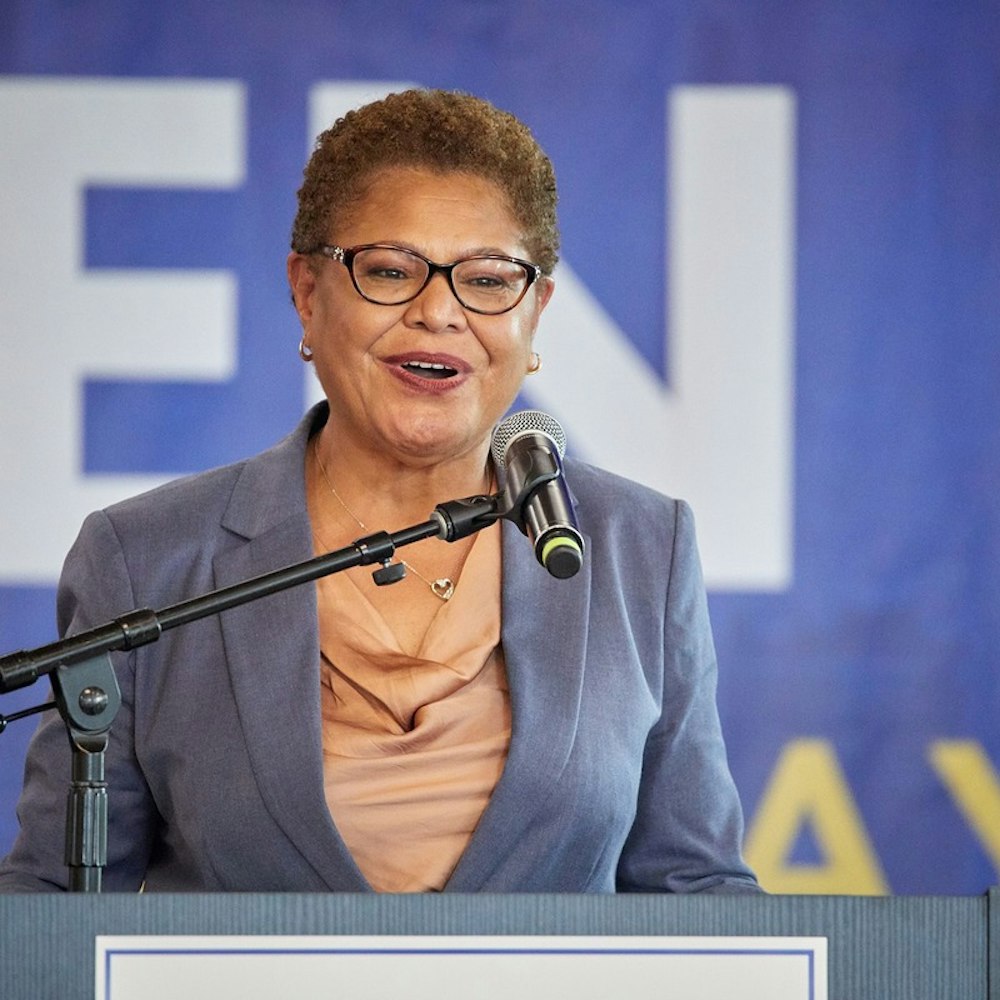
In a move spotlighting the bureaucratic hurdles faced by those most in need, a city audit has uncovered that a significant portion of Austin's medically vulnerable citizens have been struggling to access a critical utility program. This program is intended to support people who rely on electricity for life-saving devices, yet a complex application has left many out in the cold. The Austin Energy's Medically Vulnerable Registry (MVR) program, is designed to prioritize these high-risk customers during power outages but is marred by a convoluted sign-up process, according to Austin Monitor.
The recent audit revealed that due to an inefficient application system managed by Solix, Inc., roughly 70 percent of applications were denied over the past couple of years – not for lack of eligibility, but because applicants couldn't navigate the paperwork maze in time. Speaking to the complexities involved, an Austin Energy spokesperson told the Austin Monitor, "The MVR program was codified in 1987. Solix took over enrollment administration in 2021," clarifying the broad scope of Solix's $12.4 million contract that also includes additional customer services.
Further issues stem from the realities of the certification process, where applicants, some of whom aren't even the account holder, are required to secure their doctor's signature — a step that has to be repeated every 2 to 12 months. City auditors, delving into the process, identified a serious deficiency in data security and reliability due to the manual handling of applications, heightening the risk of inefficiencies across the board. In stark contrast, some other cities' utilities require recertification at a more manageable span of 12 to 24 months, as per Austin Monitor.
Despite the significant satisfaction those who navigate the system express with the program's services, it's the front-end enrollment and ongoing re-enrollment process where the disenchantment lies. Highlighting the need for systemic changes, auditors called for Austin Energy to develop a user-friendly online application platform, and to streamline the existing cumbersome paper forms. In response, Austin Energy pledged to instigate these reforms, with the expectation to launch a new portal by the end of the fiscal year. The utility's intentions, as they told auditors, point towards a more accessible future for those depending desperately on this service.









